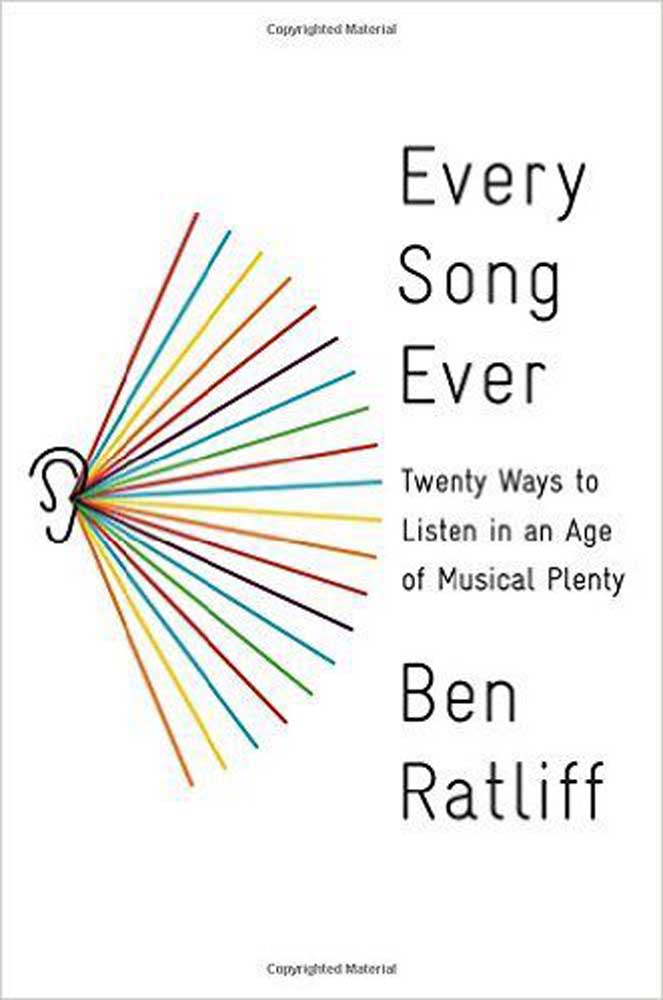Overwhelmed by music? This book offers advice
Published 12:00 am Sunday, February 21, 2016

- Overwhelmed by music? This book offers advice
Complaining that there’s too much good art and entertainment being made at the moment seems churlish — how could that be a problem? Yet it’s undeniable that there is something curiously oppressive about the current bounty, something paralyzing about our ease of access to it.
Ben Ratliff’s new book is a remedial intervention for the problem of being able to “hear nearly everything, almost whenever, almost wherever, often for free.” “Every Song Ever” is framed as a set of strategies to counter the confusion and appetite loss that can afflict music fans as they try to navigate what feels like a cross between a maze and a banquet: the overflowing riches offered by streaming services like Spotify, unofficial archives like YouTube, music-sharing blogs and other instant-access sources of sound.
Ratliff, a music critic for The New York Times, proposes new routes across the teeming landscape: modes of attentive listening based on concepts or musical properties. Some, like slowness, speed, stillness and density, are fairly easy to grasp; others, like discrepancy and transmission, are more elusive.
Close listening is Ratliff’s forte. When he gets right inside what a musician is doing in a particular recording or performance, and describes how that affects your body or perceptions, the results are usually lovely and illuminating. His studies of James Brown’s “Ain’t It Funky Now,” Sleep’s “Dopesmoker” and the work of João Gilberto and Curtis Mayfield are precise but never clinical.
Another absorbing chapter deals with participatory discrepancies, a concept coined by musicologist Charles Keil to describe the minute imprecisions in a performance that create a group’s distinctive feel. Ratliff advises that the best way to hear a classic rumba album by Totico Arango and Patato Valdés is “through headphones, at night, walking through heavy crowds in Times Square, smelling street food, visually processing the lights.” That’s because the music in your ears will mirror the external environment: “Nothing happens in perfect sync or in a straight line”; instead there’s a mesh of “flickering, jostling particulars.”
A problem with “Every Song Ever” is that its premise starts to fade from view — starts to seem like a pretext, in fact, for a fragmented miscellany of meditations on music that Ratliff likes. That’s fine as far as it goes, and readers will often find themselves propelled to YouTube or Spotify to hear what he’s writing about.
But I wasn’t convinced that the nomadic modes of engagement with music Ratliff advocates would necessarily help anyone grapple with the quandaries of listening in an overloaded era. His categories are so open-ended that they might even increase your sense of disorientating plenitude. They seem more like exercises you might do after having listened to a hugely varied amount of music over the course of a lifetime.






